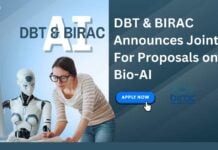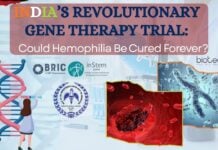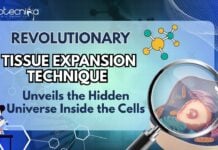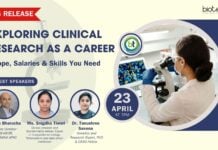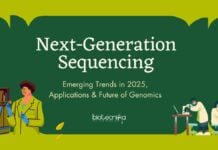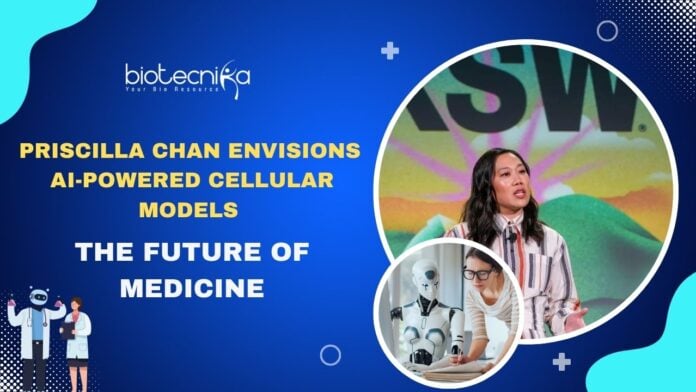AI-Powered Cells: Priscilla Chan’s Vision for Medicine’s Future
The ability to create exact human model cells through artificial intelligence could transform biology as well as medicine, unlocking new insights and guiding doctors to the most effective treatments. For individuals who are facing conditions such as anxiety as well as depression, finding the proper medication sometimes takes months of trial and error to find something that works. A doctor might prescribe you a commonly used drug, but it may, in some cases it may, be ineffective or trigger adverse reactions. This whole process can take months before a suitable treatment is found.
Co-founder of the Chan Zuckerberg, Dr Priscilla Chan, brought out this challenge during her talk at South by Southwest Wednesday (SXSW). She proposed that AI-driven human cells and systems could revolutionize medicine by helping doctors test treatments virtually before prescribing them to patients. Artificial intelligence represents the next important breakthrough in biomedical science, as stated by Chan.
AI’s Expanding Role in Science and Medicine
Artificial intelligence has gained significant attention since its breakout moment with the debut of ChatGPT in late 2022, and it was the central topic of discussion at SXSW 2024 in Austin, Texas. In this discussion experts debated about AI’s potential impact on various fields, such as medicine, where it could accelerate research as well as improve patient care.
Last year, in 2024, two scientists from Google DeepMind AI received the Nobel Prize in Chemistry for their work using AI-driven discoveries in protein structure prediction. These achievements show AI’s growing role in scientific innovation. While AI can enhance research, it will likely speed up the actual lab research rather than replace traditional laboratory work. But Chan believes AI has the potential to reshape healthcare, but implementation may take years, if not decades.
Understanding the Complexity of Human Biology
Chan, a pediatrician, said that much of how the human biology remains a mystery to science. While researchers decoded the human genome decades ago, genetics still serves only as a blueprint rather than a complete guide. She explained this concept with the Millennium Falcon. Although we have the instructions, we still lack a full understanding of how each piece fits together to form the final structure. When something doesn’t align as expected, that’s where medicine steps in.
Beyond the broader gaps in biological knowledge, our understanding of individual variability is also limited. Current medical research relies on small datasets, leading to generalized assumptions about how the body functions. However, these samples fail to capture the vast diversity of human biology.
AI-powered cells model could bridge this gap by offering a detailed, personalized view of how cells behave within each individual. This would allow for more precise treatments tailored to a person’s unique biology rather than a one-size-fits-all approach.
“If we develop the right datasets and AI models, we can gain a clearer understanding of what keeps us healthy and what contributes to disease,” Chan explained.
AI as a Tool to Accelerate Biomedical Research
Developing new treatments is a time-intensive and costly process, requiring extensive laboratory testing. Chan emphasized that AI will not replace traditional lab research but could significantly improve efficiency. Machine learning models, a core component of AI, can help identify the most promising drug candidates, reducing the number of failed experiments and expediting breakthroughs.
These AI models will not always provide perfect answers, and some generated hypotheses may be impractical or incorrect. That is why human researchers remain essential in interpreting and refining AI-generated insights.
“It’s not about getting all the answers from AI,” Chan clarified. “Scientists will still lead the way, but AI can help them ask better questions.”
Rather than focusing on AI applications in direct patient care, Chan’s vision centers on how AI can drive fundamental biological discoveries. She likened AI’s impact on science to past innovations such as the microscope, MRI, and genome sequencing—each of which transformed our understanding of human health.
“Medical progress happens in leaps,” she said. “Sometimes, research stagnates for decades until a new technology emerges and reshapes our entire perspective on the human body.”
AI could be that next leap.

